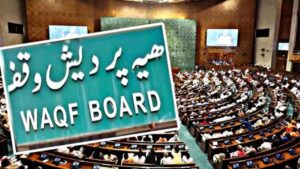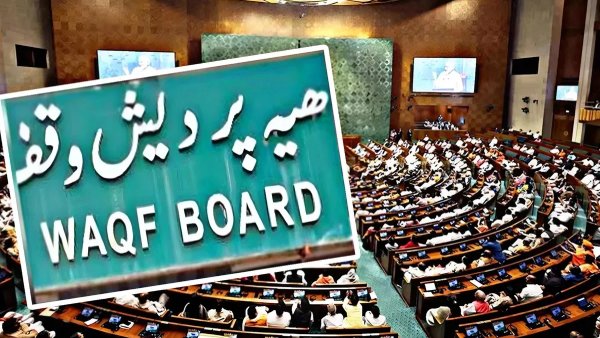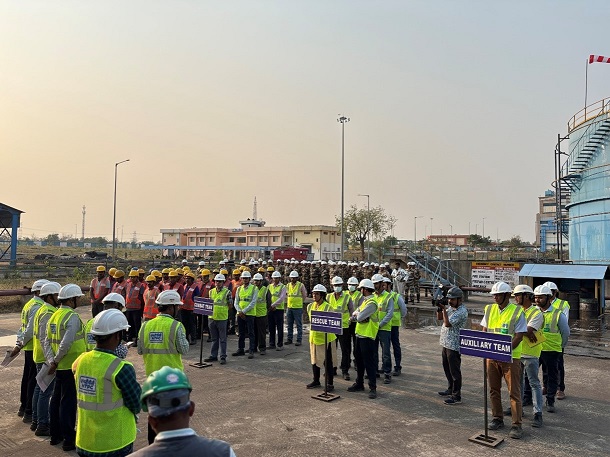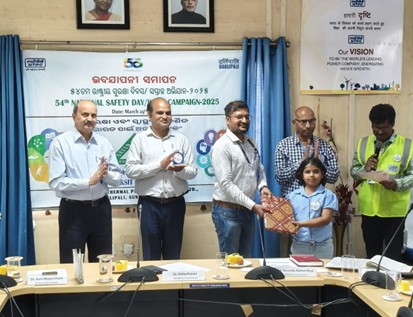Resham Fatima
Waqf properties, endowed for the welfare of the Muslim community, have long been vulnerable to corruption, encroachment, and political manipulation. Across India, thousands of acres of these lands- meant to support education, healthcare, and social welfare- have been illegally transferred, misappropriated, or leased at throwaway prices. The scale of the issue is staggering, cutting across regions from Karnataka in the South to Delhi in the North. Instead of being protected by the Waqf Boards responsible for them, these properties have been systematically looted through a nexus of politicians, board officials, and real estate mafias.
The sheer scale of corruption involving Waqf Boards can be best judged by revelations of Waqf land mismanagement in Karnataka. In 2012, the Karnataka State Minorities Commission submitted a report to the then Chief Minister, D.V. Sadananda Gowda, exposing the illegal allocation and misappropriation of 27,000 acres of Waqf land. The estimated loss stood at a staggering 2 trillion (2 lakh crore) a figure that would be much higher today given the rapid increase in land prices. Almost half of the Karnataka Waqf Board’s (KWB) land, was lost due to corruption, facilitated by board members working in collusion with politicians and real estate mafias. Instead of being used to build schools, hospitals, and community welfare institutions, these lands were either sold illegally or handed over to private entities at a fraction of their market value. Despite the enormity of the scam, little effort has been made to recover the lost land or hold those responsible, accountable.
The corruption within Waqf Boards is not limited to Karnataka. In Delhi, the Enforcement Directorate (ED) is currently investigating Amanatullah Khan, the former chairman of the Delhi Waqf Board (DWB), for serious allegations, including the accumulation of disproportionate assets, illegal appointments of more than thirty individuals within the board, and irregularities in the leasing of Waqf properties. What makes this case particularly striking is that the complaints against these irregularities were filed by members of the Muslim community itself, highlighting the frustration and betrayal felt by those directly affected by the mismanagement. Instead of serving as a custodian of community wealth, the Waqf Board in Delhi became a tool for political and financial gains, further eroding trust in the institution.
Further south, the Telangana Waqf Board has been embroiled in multiple land encroachment cases, particularly in Ghatkesar Mandal and Medipally Mandal of Rangareddy district. Over the years, significant parcels of Waqf land in these regions have been taken over by encroachers, aided by the board’s inaction. In several instances, encroachers filed writ petitions in various courts to claim ownership of Waqf properties, and the board either failed to track these cases or did not file appeals on time, leading to further losses. Even in situations where courts ruled in favour of the Waqf Board, officials showed no interest in reclaiming the properties, effectively allowing illegal occupation to continue. Whether due to incompetence, corruption, or political pressure, the board’s failure to act has resulted in a steady loss of community assets that should have been protected.
The crisis within Waqf Boards reflects a larger pattern of systemic failure.
These institutions were established to safeguard and utilize community wealth for education, social welfare, and economic upliftment, but instead, they have been turned into avenues for profiteering. The recurring themes across different states-political interference in board appointments, collusion between officials and land mafias, and the state governrnents’ failure to intervene highlight how deeply entrenched the problem has become. Each acre of land lost represents, a lost opportunity for the community, depriving future generations of essential resources and services. If this cycle of corruption and neglect is to be broken, urgent reforms are needed. Greater transparency in Waqf Board operations, stricter legal action against those responsible for mismanagement, and the implementation of a digital land registry to track and protect Waqf properties are crucial steps. Additionally. independent oversight bodies should be established to monitor transactions and ensure that legal battles over encroachment are pursued diligently. Without such systemic changes, the plundering of Waqf assets will continue unchecked, further weakening a system that was originally designed to uplift the community. The future of Waqf properties depends on whether these boards can be reformed to serve their intended purpose rather than becoming vehicles for exploitation. The time for action is now- before even more of this invaluable community wealth is lost forever.
Masters in International Relations, Jawaharlal Nehru University

















+ There are no comments
Add yours